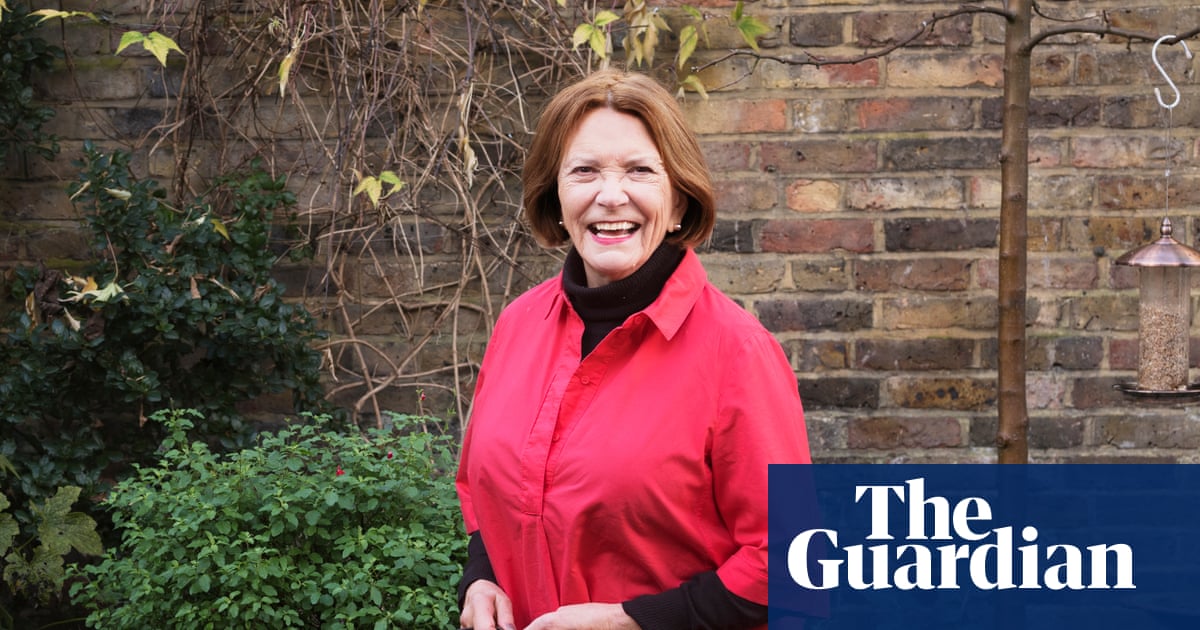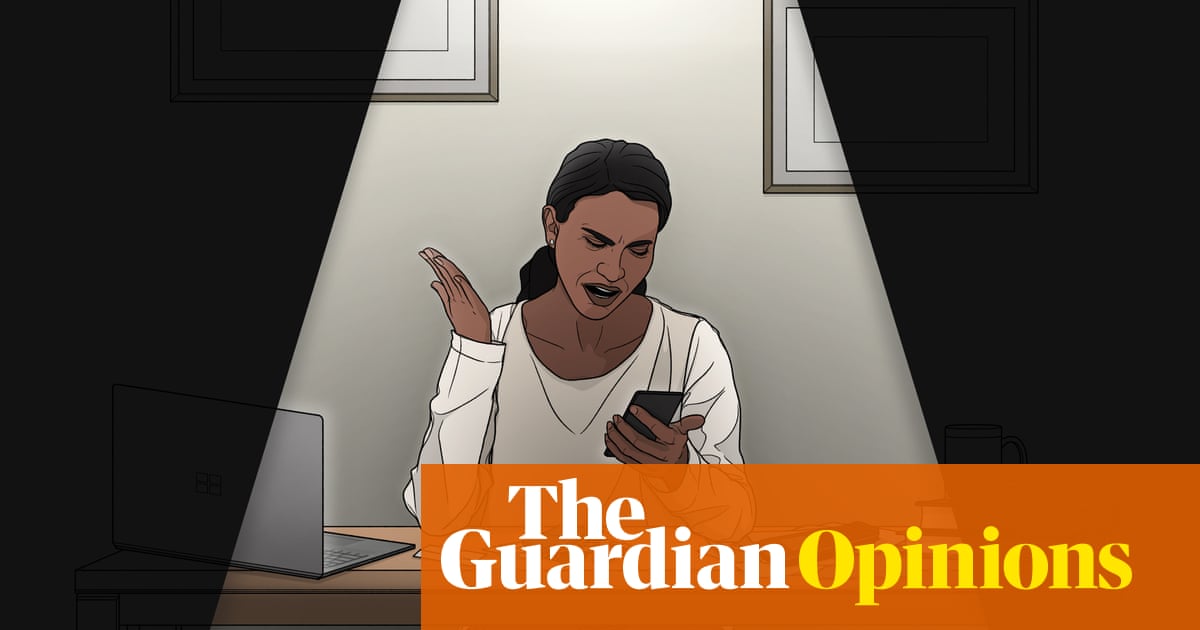
hen a local boy done good, Simon Sadler, bought Blackpool last June from the toxic ruins of Owen Oyston’s ownership, he ushered in an emotional vision of restoration and revival for the home-town club he grew up supporting in the 1970s. A year on, he maintains the same plans and dreams, and talks of drawing inspiration from historic Blackpool greats such as Sir Stanley Matthews, but like everybody he could never have imagined the Covid-19 nightmare that has beset the country and football.
This interview on the anniversary of his £10m takeover takes place in the shadow of Britain’s 63,000 excess deaths because of coronavirus and the alarming economic crisis.
Blackpool, Sadler confirms, voted with the majority of League One clubs last week – thought to be 18 to 4 – for the unprecedented decision to curtail the season. He understood the minority of clubs pushing for promotion who wanted to play on but, with Blackpool anyway not in contention, he says they considered the huge cost – hundreds of thousands of pounds – of staging matches with no supporters present and no major TV income. Crucially, he also fears the virus spreading, with specific concerns for Blackpool.
“I’d love to watch football but I really didn’t want to play on,” Sadler reflects. “I think it made sense to finish the season with as few matches as possible. Among the other issues, I thought that having 91 teams going up and down motorways was not necessarily a smart thing to do. There are clearly still new cases in the UK, and lockdown is being eased fast.”
Sadler has experienced the virus being suppressed very effectively by rapid, strict measures in Hong Kong, where he lives and runs a hedge fund, Segantii. He worries about the different approach in Britain and particularly about his own parents, now in their 70s and with health problems that make them vulnerable. Blackpool, the famous, creaking seaside resort, may entertain a boom in visitors this summer as people face restrictions on overseas travel. “On the one hand that could be good for the town economically, but I’m really concerned about transmission of the virus increasing, really concerned about my parents, about how many lives could be lost because of people flocking to the town.”
For the club he bought from the receivers after Oyston was found by a high court judge to have “illegitimately stripped” it of £26.77m, the rebuilding, including advanced plans for a new academy, has skidded into these awful uncertainties. There remain serious questions about whether next season will start at all if, as seems certain, supporters will not be allowed into grounds for months. Sadler believes football has not quite woken up yet to the scale of the crisis, and that money has to be shared by the Premier League.
“I think clubs will go like dominoes. Once one goes many will start to go. The money in League One and League Two isn’t there to support football without fans. Match-day income is around 60% of our revenues. Owners generally don’t have the deep pockets of those in the Premier League and Championship, and many now are very likely to be having problems in their own businesses.”
He supports the proposed introduction of a salary cap, having himself been drawn last season into signing some players on relatively high wages, including the midfielders Sullay Kaikai (from the Dutchtop-flight club Breda) and Grant Ward (previously at Ipswich), and the striker Gary Madine (from Cardiff). The hope to propel the club to immediate promotion under Simon Grayson, the manager he appointed soon after taking over, foundered in a losing streak that culminated in Grayson’s sacking in February. Sadler and his new chief executive, Ben Mansford, applied a more considered recruitment process, and in March gave the job to Neil Critchley, then the Liverpool Under-23s coach working with Jürgen Klopp. Sadler considers Critchley a progressive, expert coach, who shares the desire for entertaining as well as winning football. He is supported by Tommy Johnson, as head of recruitment, and two data analysts working on identifying players the modern way.
Blackpool have put most staff on furlough, with Sadler making up the government’s contribution so they were paid in full. Mansford, Critchley and some recently signed players took a 25% wage deferral but Sadler says he was disappointed that the Professional Footballers’ Association and players collectively did not share more of the financial burden. The salary cap, he says, will be “nowhere near enough” for League One clubs to cover the loss of fans, and they are grappling with the challenge of constructing a squad with so much uncertain.
Even in normal times, he says, the game’s financial structure puts extreme pressure on clubs outside the Premier League’s gilded environs, but he argues the crisis now makes it imperative for more wealth to be redistributed down the pyramid. “The clubs are all community assets so it doesn’t make sense for just 20 of them to have all the money. The vast majority of football’s money goes to players and agents in the Premier League, so there should be much fairer distribution. In the past [before the Premier League breakaway in 1992] it used to be 50-50 between the First Division and the other three divisions; now 93% stays in the Premier League and 7% is distributed.”
He agrees with the EFL chairman, Rick Parry, who described parachute payments as “an evil that must be eradicated”, that these payments to relegated Premier League clubs seriously distort clubs’ finances throughout the divisions. “Football needs to change or else we’re going to lose it,” he says. “Having seen how the community of Blackpool responded to getting its club back, I’m well placed to talk about it. I don’t want any more people to lose their clubs – they’re too important, to the social fabric of the country.”
Nevertheless he remains emotional, awed, at having taken over his boyhood club, and hungry with ambition to restore it. He resists pouring much criticism on the Oystons, although Blackpool have taken legal action to evict the family and one of its companies from club offices and a penthouse apartment. He talks much more about having become “quite teary” watching the excellent Amazon Prime documentary about Matthews, marvelling at his achievements, that legendary performance in Blackpool’s 1953 FA Cup victory, and the maestro’s ethos of hard work and integrity. In the effort to forge success now, he says he prefers to draw from that example, as well as Alan Ball, a Blackpool player when he won the 1966 World Cup with England, and the universally respected Jimmy Armfield, a member of that squad who played 627 times for the club and 43 matches for England.
“There is no inspiration to be drawn from the Oyston era,” Sadler says. “I want to dwell on the more positive aspects of our past, celebrate that history more – revisit those eras for inspiration.”












